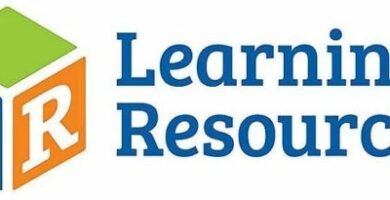Educational Toys & Learning Toys, organized by age, Brands and skill development
Educational Toys: top Brand 2025
AMAZON 10 Top-rated Educational Toys loved by families nationwide.
Educational Toys: all the best for brain
Toys that make learning exciting
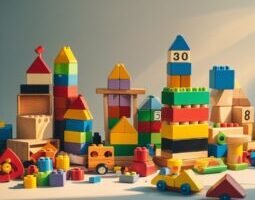
Building Blocks Inspire Learning & Imagination
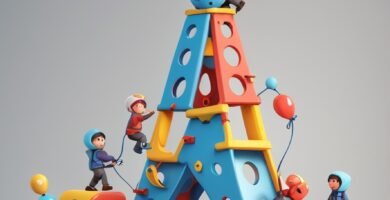
Climbing Toys: Play and keep fit

Balance Toys: Fun & Development!
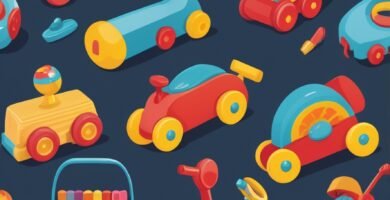
Push and Pull Toys
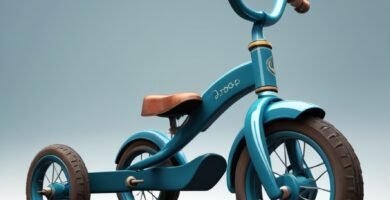
Tricycles and bikes
Why Educational Toys & Learning Toys Are Crucial for Child Development
Educational toys & Learning Toys are uniquely designed to foster learning and development through engaging play, setting them apart from conventional toys. They inherently spark curiosity, encourage problem-solving, and actively stimulate cognitive skills. The core purpose of these learning toys is to immerse children in experiences that not only nurture their innate abilities but also provide immense enjoyment, making playtime a powerful educational tool.
These specialized toys significantly enhance a child’s diverse skill sets. For instance, cognitive development is profoundly boosted by puzzles, which demand recognition of shapes, patterns, and colors, thereby sharpening analytical thinking and concentration. Similarly, building sets like blocks and construction kits contribute to both cognitive growth and fine motor skills, as children explore spatial relationships and improve hand-eye coordination through hands-on construction.
Beyond individual skills, Educational toys are instrumental in fostering social-emotional development. Interactive games and role-playing toys cultivate essential social cues, communication, and cooperation, often requiring teamwork to achieve shared goals. The wide spectrum of educational toys, from simple Montessori toys to complex STEM kits, ensures that every child’s unique learning style and developmental stage are catered to, creating an environment where children thrive and achieve holistic development.
The Crucial Role of Age-Appropriate Educational Toys in Child Development

Educational Toys 0 – 12 months

Educational toys for 1 year old
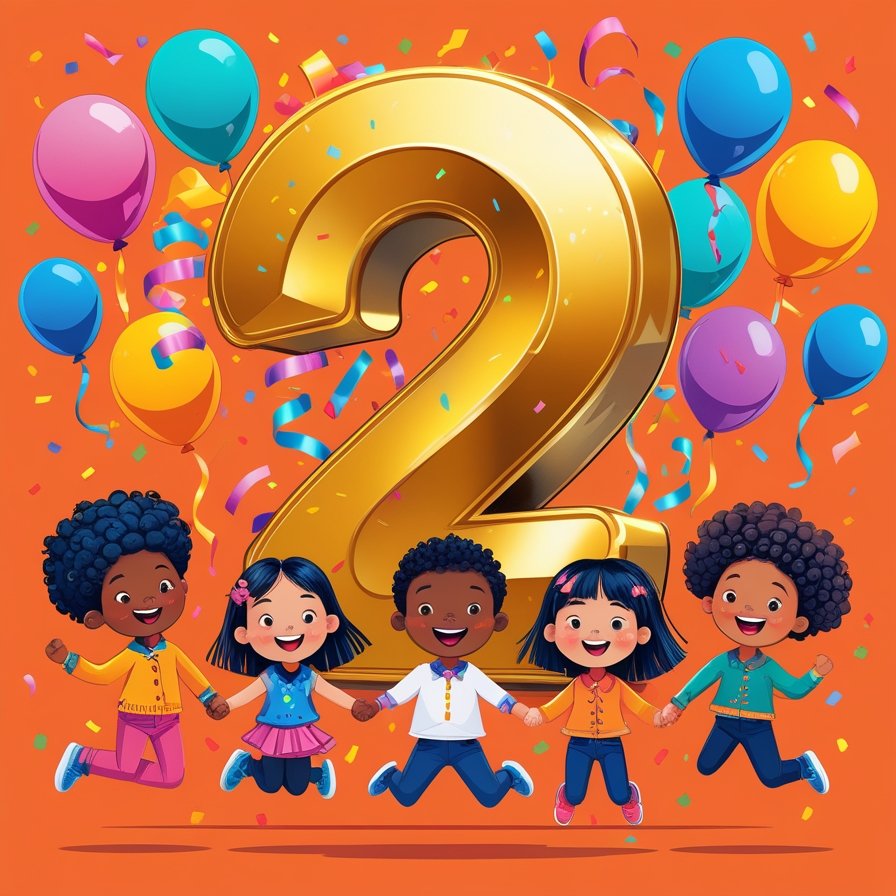
Educational toys for 2 year olds

Educational toys for 3 year olds

Educational toys for 4 year olds

Educational toys for 5 year olds

Educational toys for 6 year olds

Educational toys for 7 year olds

Educational toys for 8 year olds

AMAZON KIDS
From 3 to 12
Choosing age-appropriate educational toys is paramount for fostering a child’s cognitive, emotional, and physical development. These specialized learning toys go beyond mere entertainment, significantly enhancing learning experiences by aligning with a child’s specific developmental stage [1]. Research indicates that children are more likely to fully utilize toys that match their current abilities, preventing frustration and promoting sustained engagement [2]. For instance, sensory toys are ideal for infants, stimulating developing senses, while building sets and dolls encourage imaginative play and problem-solving skills in toddlers. As children progress, STEM kits and puzzles challenge their intellect and nurture critical thinking in school-aged children, promoting holistic development.
While age guidelines provide a helpful framework, it’s crucial for parents to observe their child’s individual developmental milestones and interests, as these can vary significantly. Selecting educational toys that not only match current skills but also offer opportunities for new challenges ensures continuous engagement and sustained learning [3]. This approach, supported by studies on play and learning, highlights that providing a diverse range of learning toys tailored to evolving capabilities is key to maximizing a child’s potential and fostering a lifelong love for learning. By optimizing for these keywords, we aim to improve Google search positions for parents seeking the best educational toys for their children.
References: [1] NAEYC. (n.d.). Good Toys for Young Children by Age and Stage. https://www.naeyc.org/resources/topics/play/toys [2] PMC. (n.d.). Children’s Utilization of Toys is Moderated by Age-Appropriateness. https://pmc.ncbi.nlm.nih.gov/articles/PMC8803267/ [3] HSS. (2021). Child Development Toys by Age: Choosing the Best Toys for Your Child.
Long-Term Benefits of Learning Through Play with Educational Toys
Engaging in play is a cornerstone of early childhood development, laying the foundation for profound long-term benefits. Through this essential activity, children cultivate vital skills that extend far beyond their formative years. Educational toys are instrumental in this process, fostering critical thinking, problem-solving skills, and creativity. As children interact with these learning toys, they learn to assess situations, devise strategies, and explore innovative solutions, building resilience and adaptability. This playful exploration also nurtures emotional intelligence, teaching children to manage conflicts and empathize with others, crucial for healthy social development.
Moreover, the practice of learning through play instills lifelong learning habits. When children are introduced to stimulating educational toys from an early age, they develop a positive association with acquiring knowledge. This foundational experience often translates into greater academic success and continuous personal growth, evolving into an enduring passion for exploration and discovery. By integrating playtime with purpose, educational toys transform childhood into a rich, developmental journey, ensuring children are well-equipped for future challenges and successes.
Why Educational Toys Are Essential for Child Development
Educational toys are more than just fun; they are powerful tools for fostering holistic child development, backed by scientific research. Engaging with well-designed educational toys significantly enhances a child’s cognitive, motor, and social-emotional skills, laying a strong foundation for future learning and success.
Boosting Cognitive Growth
Research consistently shows that learning through play is highly effective. Educational toys, such as STEM toys (Science, Technology, Engineering, Math) and puzzles, stimulate critical thinking, problem-solving abilities, and logical reasoning [1, 2]. Studies indicate that children who engage with such toys often display improved attention spans, enhanced imagination, and better perception [3]. For instance, playing with blocks is linked to better language development and higher achievement in math [4].
Enhancing Motor Skills
Many Montessori toys and construction sets are designed to refine both fine and gross motor skills. Manipulating small objects, stacking blocks, or engaging in hands-on activities helps children develop dexterity, coordination, and spatial awareness [5]. These foundational motor skills are crucial for everyday tasks and academic readiness.
The Profound Impact of Educational Toys on Child Development
Educational toys are vital tools for nurturing a child’s comprehensive growth, extending beyond mere entertainment. Scientific evidence highlights their role in enhancing cognitive skills, such as problem-solving and critical thinking, as seen with STEM toys and puzzles. These learning toys also significantly boost motor skills through hands-on engagement, promoting dexterity and coordination. Furthermore, they cultivate crucial social-emotional competencies by encouraging communication, cooperation, and empathy through collaborative play and educational games. This holistic development is foundational for future academic and life success.
Beyond specific skill development, educational toys foster essential traits like concentration, patience, and reflection. Toys that require sustained focus, methodical approaches, and critical evaluation help children build resilience and a reflective mindset. By catering to diverse learning styles, from visual to hands-on, these playtime experiences ignite curiosity and make learning an enjoyable, rewarding journey. Investing in quality educational toys ensures children develop into well-rounded individuals, ready to explore and understand the world around them.
The Variety of Educational Toys: Something for Every Child
The world of educational toys is vast, catering to diverse learning styles and interests:
- Building Sets & Puzzles: Develop problem-solving skills and patience.
- Role-Playing Kits: Spark imagination while teaching real-world concepts.
- STEM Toys: Fuel curiosity in science, technology, engineering, and math.
- Art & Creativity Sets: Nurture self-expression and innovative thinking.
- Outdoor Toys: Promote physical activity and teamwork.
Whether it’s coding games or musical instruments, there’s a toy to ignite every child’s passion for discovery.
Choose the Perfect Educational Toy for Your Child!
Finding the right toy is essential to spark your child’s imagination and support their growth. Consider their age, interests, and passions when selecting an educational toy. Younger children may benefit from sensory toys or stacking blocks, while older kids might enjoy science kits, puzzles, or creative building sets.
Explore options that align with their unique learning style and curiosity, and watch them thrive as they develop critical skills while having fun. Start your journey today to discover toys that make learning exciting and meaningful for your child. Let playtime become a foundation for a lifetime of growth!
Educational toys are much more than objects of entertainment – they are tools for learning and personal growth. By promoting play that requires concentration, patience, and reflection, these toys equip children with essential skills they will use in school, relationships, and beyond. Encourage children to engage with educational toys
EDUCATIONALTOYSHUB.COM
info@educationaltoyshub.com
2025
We may earn a commission for purchases made through our links.

Follow us
Proudly powered by WordPress



